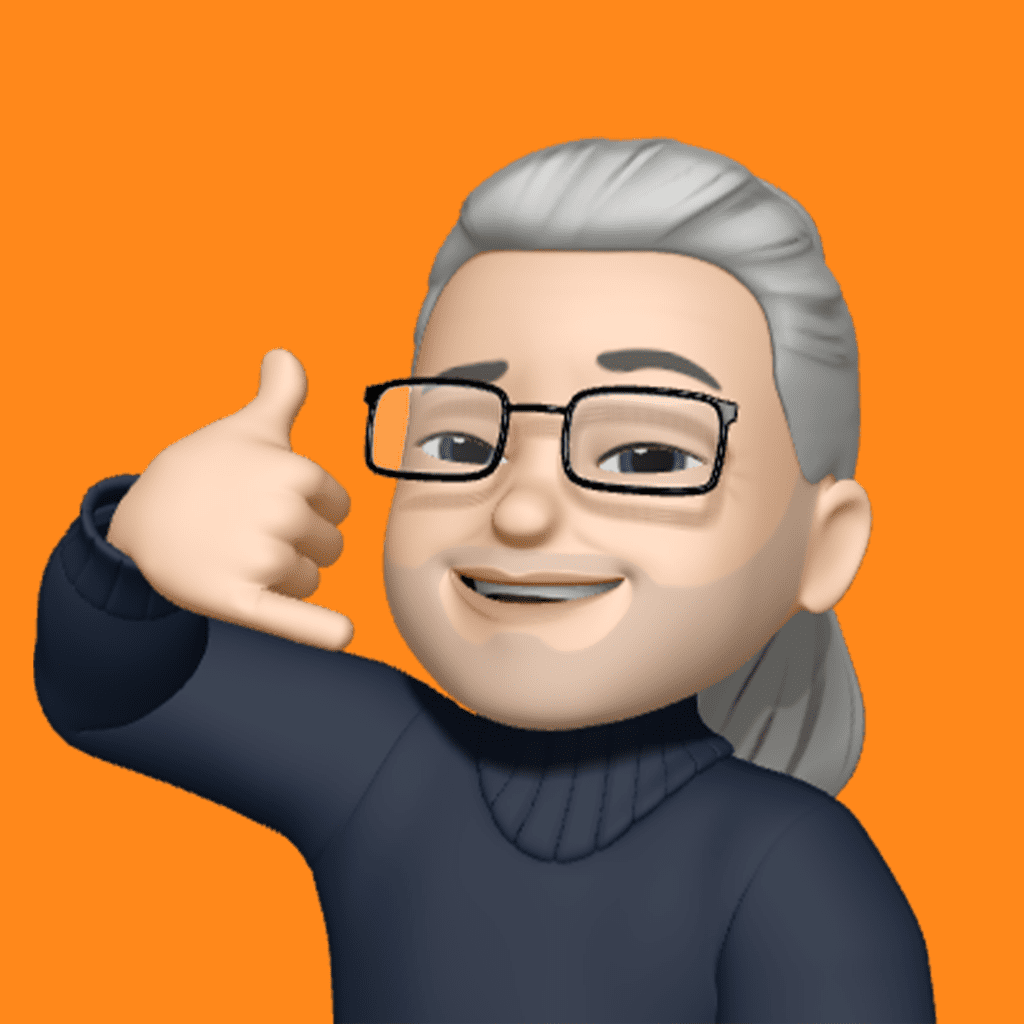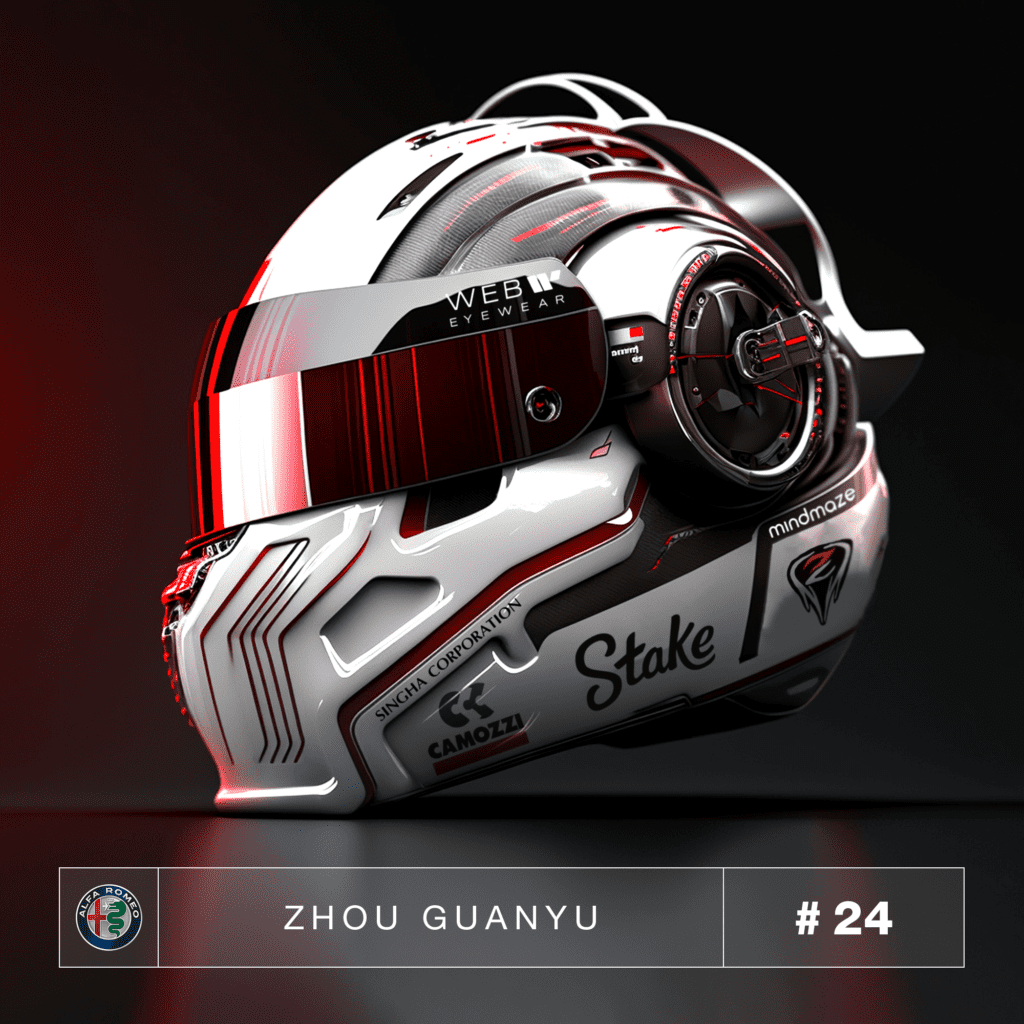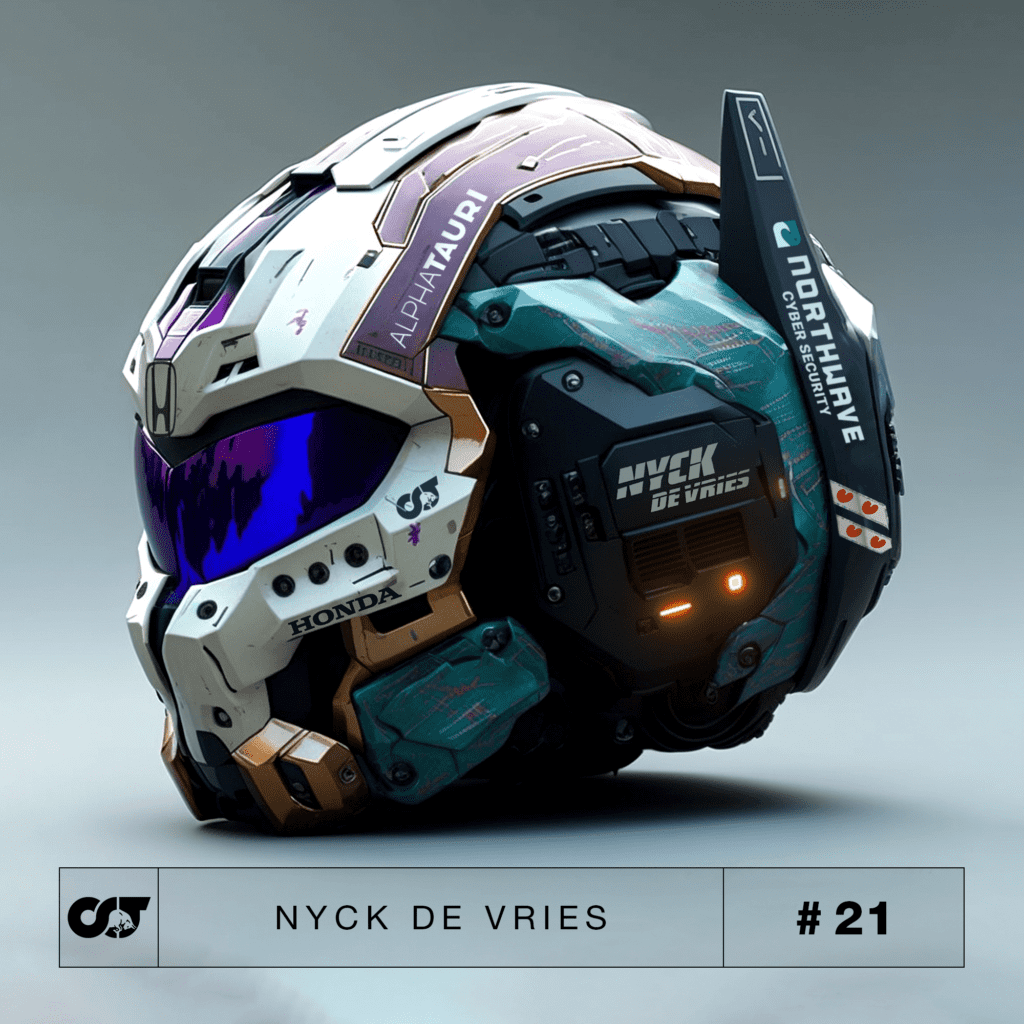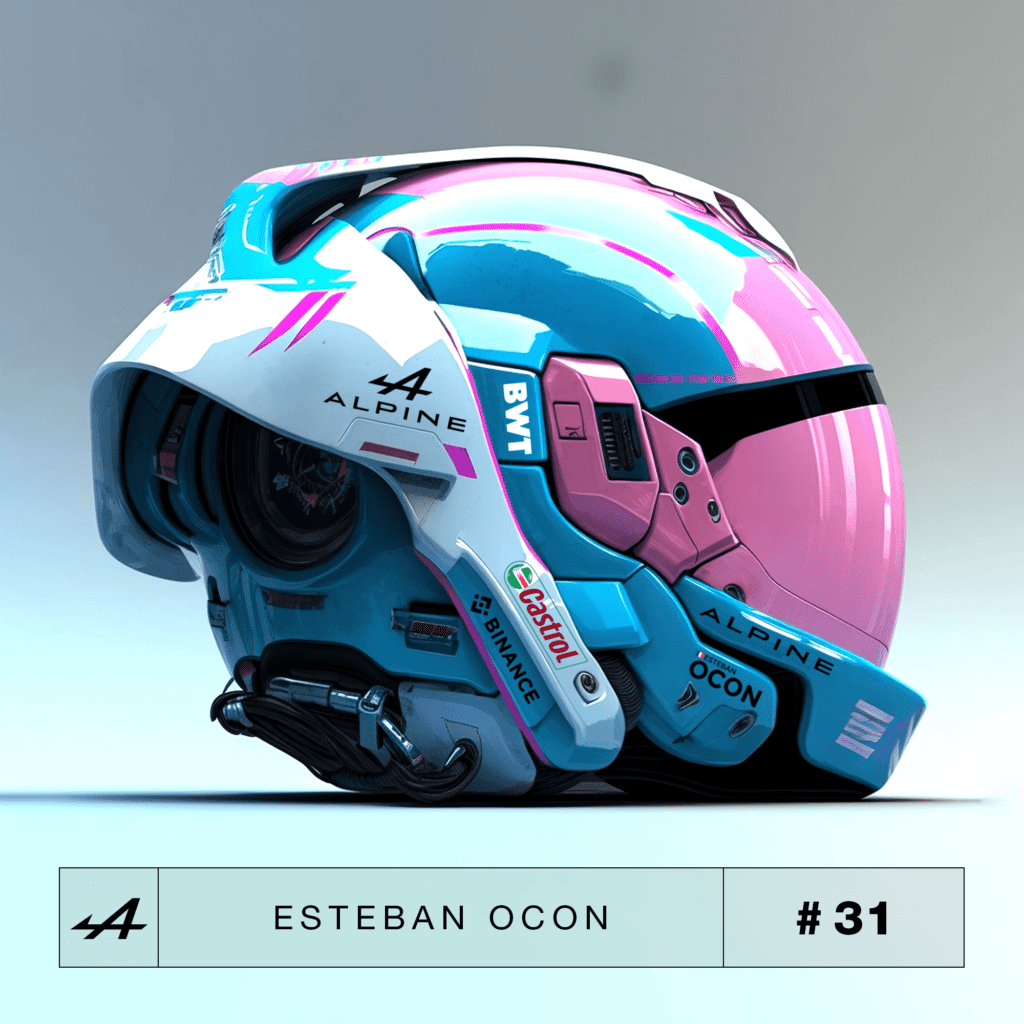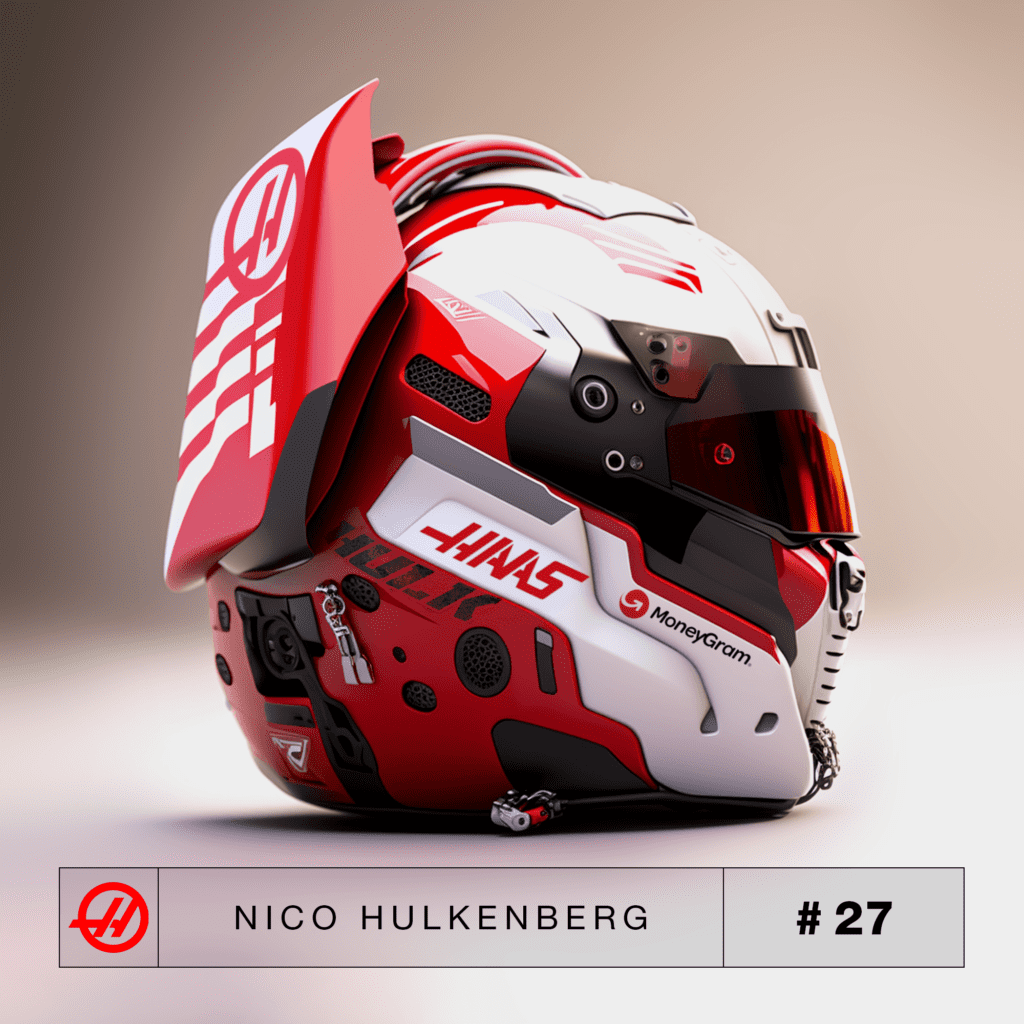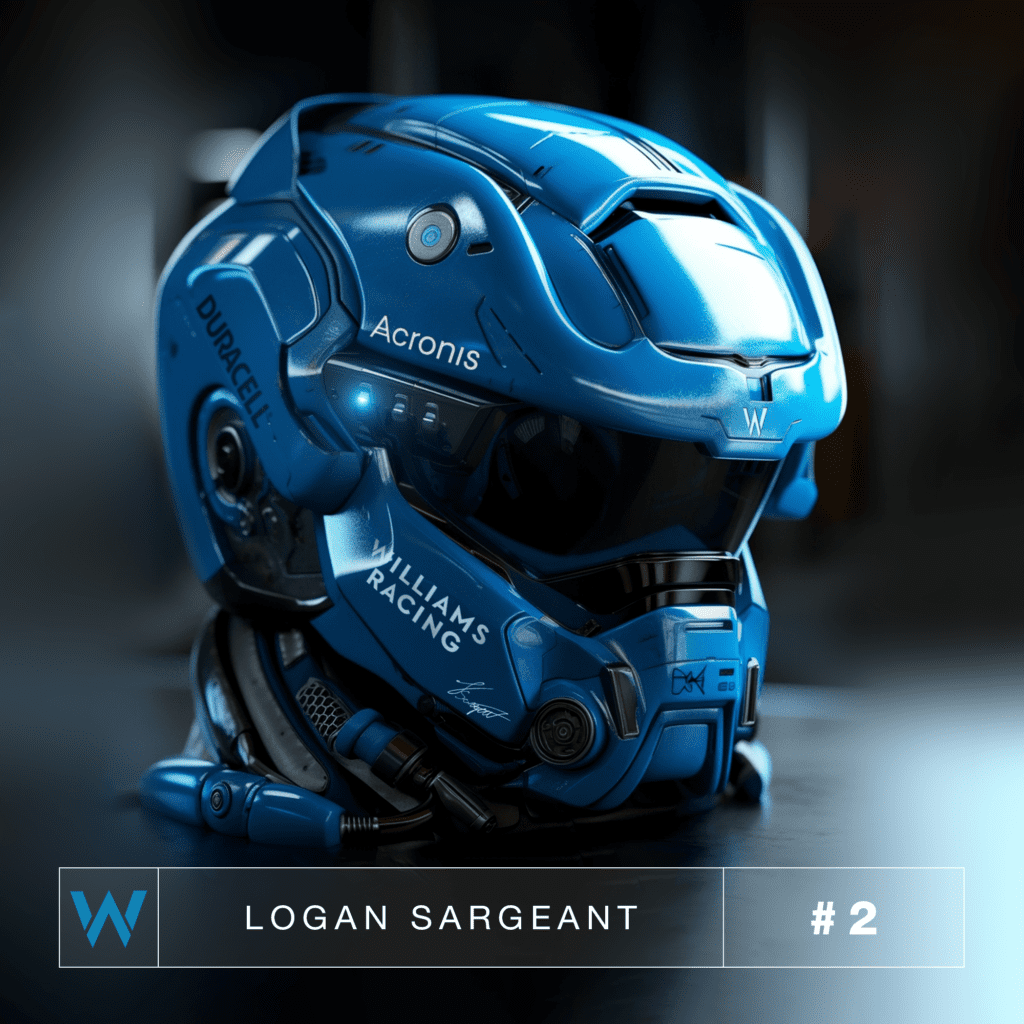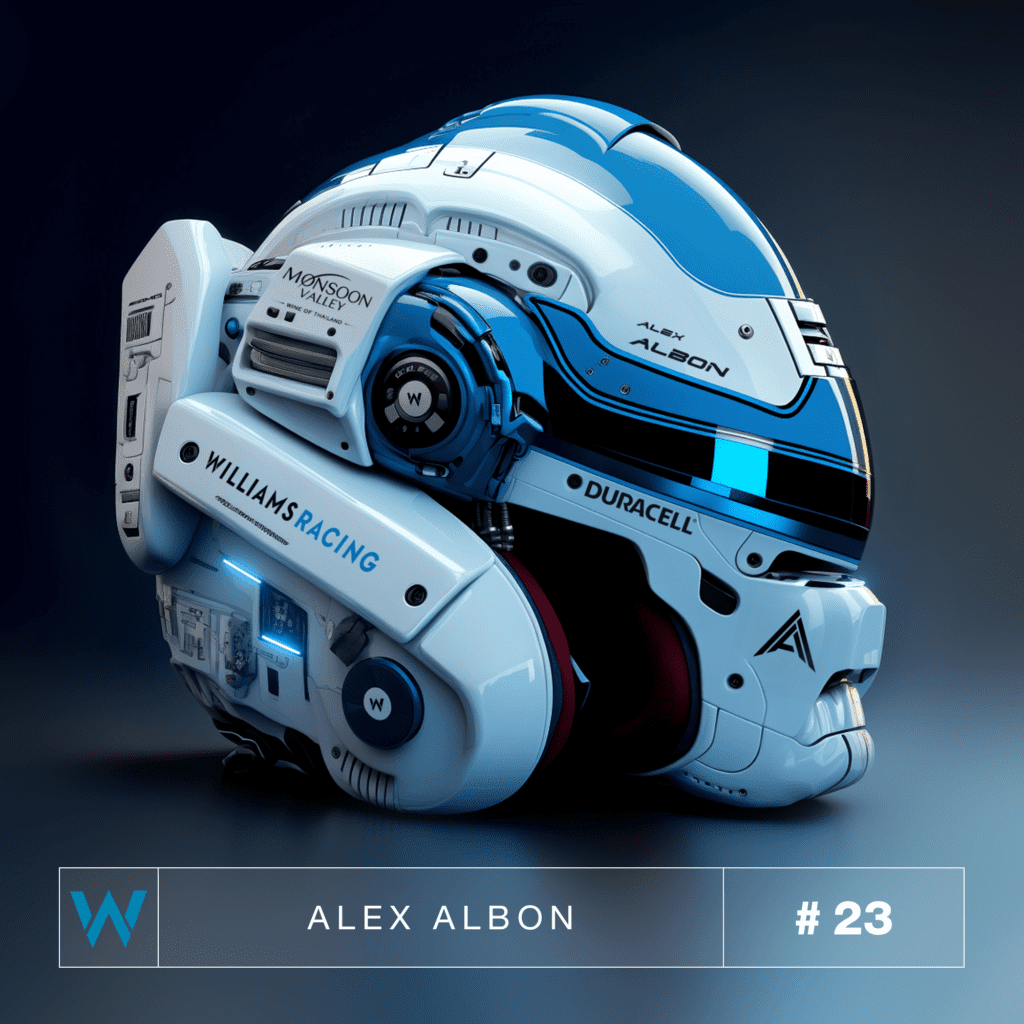Exploring the Potential of NFTs as Transformative Assets in Healthcare
Fast Facts:
- NFTs are making waves in the health industry, offering unique opportunities for tokenizing medical records, research data, and even virtual healthcare services.
- Blockchain technology underlying NFTs ensures transparency, immutability, and enhanced security, crucial for maintaining the integrity of health-related information.
- NFTs enable patients to have ownership and control over their health data, potentially leading to more personalized care and better health outcomes.
- The use of NFTs in healthcare extends beyond data management, with applications in medical education, telemedicine, and fostering patient engagement.
- Collaboration between NFT marketplaces, healthcare institutions, and creators is driving the development of novel solutions that bridge the gap between digital assets and healthcare services.
In recent years, the health industry has been witnessing a fascinating convergence with non-fungible tokens (NFTs), giving rise to innovative possibilities for patient care, data management, and medical education. The emergence of blockchain technology and the decentralized nature of NFTs are revolutionizing the way healthcare operates, fostering transparency, ownership, and accessibility. This article delves into the transformative impact of NFTs in the health sector, exploring their potential applications and the benefits they bring to patients and healthcare providers alike.
Tokenizing Health Data: Revolutionizing Patient Care
With NFTs, health data can be securely tokenized, allowing patients to have ownership and control over their medical records. This breakthrough ensures privacy, interoperability, and the ability to share relevant information seamlessly with healthcare providers. For instance, a patient can tokenize their medical history, diagnostic reports, and treatment plans, granting authorized providers instant access to crucial information, even in emergency situations. This streamlined approach to data management enhances patient care, reduces redundancies, and enables healthcare professionals to make more informed decisions, ultimately leading to improved health outcomes.
“As NFTs find their way into the health industry, they unlock a realm of possibilities, where patients have sovereignty over their data, medical education becomes immersive, and collaboration leads to transformative solutions.”
Enhancing Medical Education and Telemedicine
NFTs have the potential to transform medical education, offering immersive learning experiences for students and practitioners. By tokenizing medical textbooks, rare anatomical models, and interactive simulations, aspiring healthcare professionals can access valuable resources in a digital format. Moreover, NFTs facilitate the delivery of telemedicine services by enabling virtual consultations, remote monitoring, and second opinions. Patients in underserved areas or with limited mobility can now receive specialized care from experts located elsewhere, bridging the gap between healthcare providers and those in need.
Empowering Patient Engagement and Collaboration
NFTs foster patient engagement by incentivizing healthy behaviors and promoting wellness initiatives. For example, healthcare institutions can create unique NFTs that patients earn or collect by achieving specific health milestones, such as completing fitness goals or managing chronic conditions effectively. These tokens can then be redeemed for rewards, discounts on healthcare services, or even donated to charitable causes. Furthermore, NFTs facilitate collaboration between healthcare professionals and creators, encouraging the development of novel healthcare solutions. Artists and developers can tokenize their medical innovations, fostering a vibrant ecosystem where innovation and creativity thrive in the health industry.

